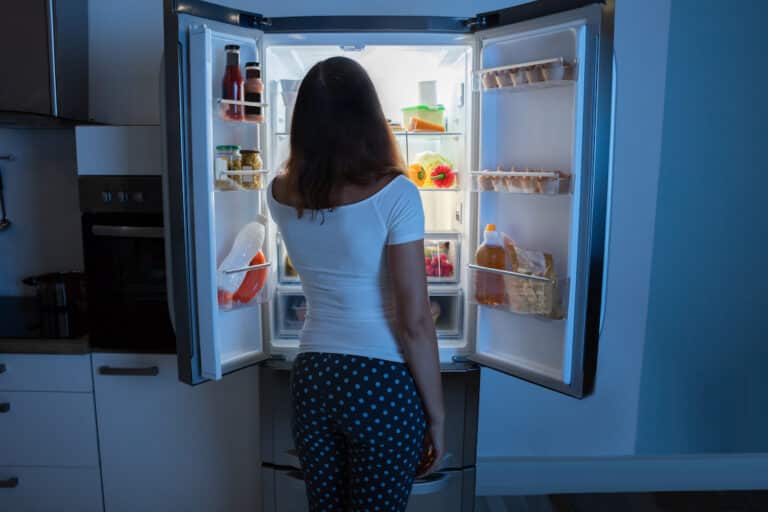According to the National Alliance on Mental Illness, 8.4 million people care for an adult living with mental illness. Many times, caregivers often overlook their health. Coping with the highs and lows of a family member’s mental illness can be challenging and can have an impact on your physical and emotional health.
Statistics show that 80% of the long-term care in the United States is by an unpaid or informal caregiver and 75% of all caregivers that experience strain are women. Caregivers, many times the mother, will face issues of stress, anxiety, isolation, and fatigue.
Taking time for yourself and focusing on your health is vital. You can not take care of anyone else if you don’t take care of yourself. Below are some tips to help reduce stress and anxiety, and some of the other issues that can take hold of a caregiver:
- Avoid isolation. Interact with others, enjoy time with friends and family.
- Ask for help. Be honest with yourself and how much you can accomplish alone. Reaching out to others for help eliminates a sense of resentment and can reduce stress.
- Continue with your activities. Working activities back into your life that you enjoyed before becoming a caregiver helps to keep from being consumed by responsibilities.
- Gather strength from others. Attending classes or support groups allows you to learn new skills, gain valuable information, and interact with other caregivers. Magnolia Creek offers a family program designed to provide education, advocacy, and therapy for the family members of clients.
- Avoid guilt. Noticing your feelings without judging them as good or bad will help to reduce stress and over a sense of control.
- Notice the positive. Take time to write down five things you can be grateful for at the end of each day. Studies show identifying what we are grateful for expands healthy neural networks in our brains and helps us feel more content, even amidst struggles in other areas in our lives. It can be something as simple as, “I am grateful for the sun shining today.”
- Maintain a self-care routine. Prepare healthy meals, engage in physical activity, and get enough sleep.
- Regain energy. Take time to read a book, watch your favorite television show, or pursue your hobbies. Doing so will boost your energy and lower anxiety and stress.




